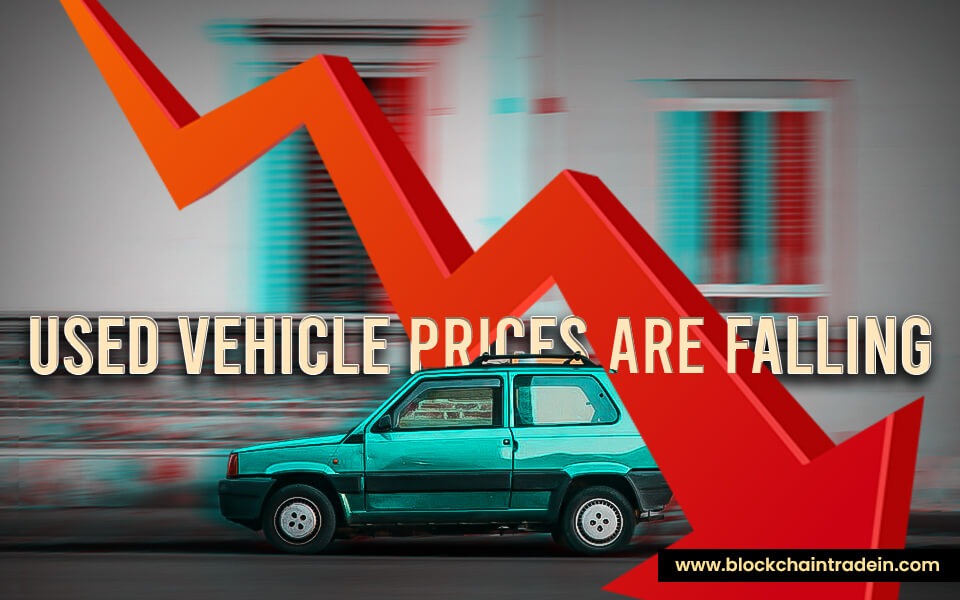Although the price of used vehicles is declining, it is still not enough to offset grossly inflated levels





- Blog
- January 11, 2023
Although the price of used vehicles is declining, it is still not enough to offset grossly inflated levels
DETROIT — prices of used vehicles are bound to fall even further this year as the interest rates are surging and improved new cars and trucks are available, as per Cox Automotive.
The automotive data company anticipates a 4.3% decrease in wholesale prices from December 2022 through the end of the year on its Manheim Used Vehicle Value Index, which monitors prices of used automobiles sold at its U.S. wholesale auctions.
“New supply remains tight, but it is improving rapidly. As supply in new markets improves, demand for us is declining,” Jonathan Smoke, Cox Automotive’s chief economist, said Monday.
During the pandemic, vehicles were not easily accessible due to a sharp decline in the supply chain, thus hampering the availability of new vehicles and parts. However, the price of old vehicles was inflated. These inflated prices are bound to fall well below the last year of 14.9% fall.
Last year, the Biden administration attributed a large portion of the nation’s rising inflation rates to the used car market, which will benefit from the declining rates.
As per Cox Automobile’s senior manager of economic and industry insights, Chris Frey, they still need to counteract the index pricing increase of 88% from April 2020 to January 2022. For several months, the index had notable year-over-year gains of between 15% and 54%.
Frey anticipates that through the first quarter of the year, the softening in the index will continue before the seasonal surge; overall, less volatility will be seen than in recent years. For example, from November to December, the Manheim Used Vehicle Value Index increased by less than 1%.
“We don’t expect major monthly declines to rival the increases on the slopes, though there might be some tough sledding from time to time,” Frey stated, adding further that the company is closely observing the overall impact of higher interest rates on those interested in buying cars.
Frey emphasized that it’s a “good sign” economically; the falling prices make automobiles more accessible despite rising borrowing rates.
Customarily, wholesale pricing changes are followed by retail price adjustments for customers. That benefits prospective auto buyers, but it could be better for dealers who bought cars at record prices and now attempt to resell them for a profit.
Due to dealers’ efforts to maintain record-high pricing, retail prices have stayed the same as wholesale prices. According to the most current statistics from Cox, the average used car listing price was $27,156 through November, the lowest price since last spring, but just a 2% reduction from a year earlier.
For the second consecutive month, the used vehicle retail sales price fell 10% from a year earlier and decreased 7% from November to December, as per COX estimates.

